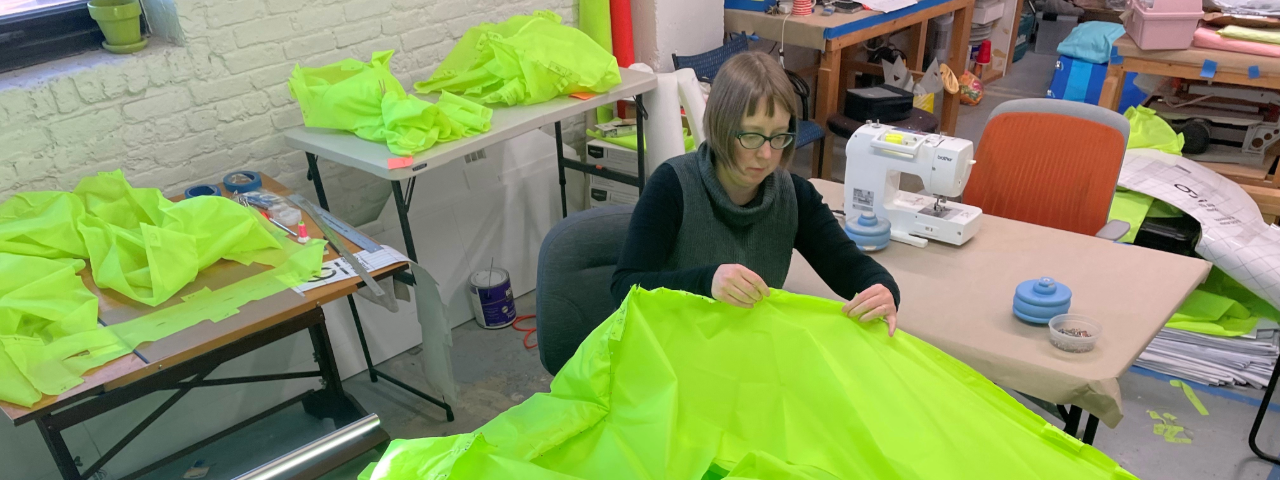Body
We all need hugs, but some children, especially those with sensory disorders, are seeking better sleep with the gentle pressure of a weighted blanket.
Though they have long been used for children with autism spectrum disorder (ASD), weighted blankets have recently exploded in popularity. Filled with small pellets, weighted blankets apply gentle, soothing pressure that some say promotes relaxation, reduces anxiety and fosters better sleep.
Despite weighted blankets’ surging popularity, there are not yet research studies that show they specifically promote sleep in either children with ASD or in the general population.
Samantha Mitchell, a pediatric occupational therapist with the Shirley Ryan AbilityLab in Chicago, has noticed that more people are asking her about weighted blankets.
“It’s become a trendy, hot topic,” Mitchell says. “I have people reaching out to me —friends and family members — who ask my opinion on them. They’ve heard from other people that they work.”
Weighted blankets usually weigh anywhere from 2 to 24 pounds and are filled with glass or plastic pellets. Manufacturers typically recommend that the blankets weigh about 10 percent of your body weight. They are not recommended for children under age 2.
The concept of applying deep pressure to reduce anxiety can be linked to Temple Grandin, PhD. On the autism spectrum herself, Grandin gained fame in the autism community and beyond when she noticed that placing cattle in a squeeze chute to receive vaccinations calmed them. It led her to develop a similar squeeze device or hug box for humans.
Like a squeeze box, weighted blankets apply pressure that some people, both on and off the autism spectrum, find soothing.
Still there is not specific independent evidence that the blankets promote sleep. A 2014 study published in the journal Pediatrics about the effectiveness of using weighted blankets to treat severe sleep problems in children with ASD failed to find that they helped the children sleep for a longer period of time, fall asleep significantly faster or wake less often. However, the weighted blankets were favored by children and parents and were well tolerated, researchers found.
“The parents and children preferred them,” says Pranshu Adavadkar, MD, assistant professor of pediatrics at the University of Illinois at Chicago, who specializes in sleep disorders. “They felt the blankets were more comforting, and they felt their sleep was better.”
When talking with her patients about weighted blankets, Mitchell says she notes the lack of evidence from independent research but leaves it up to parents to decide whether to try a weighted blanket to help their children with ASD sleep better.
And while Mitchell primarily treats pediatric patients with neurological disorders, she has also seen weighted blankets used as a sleep intervention for autism, sensory processing disorder, attention-deficit/hyperactivity disorder, post-traumatic stress disorder, traumatic brain injury, chronic pain, stress, anxiety, mental illness and Rett syndrome.
“In my experience I’ve found great benefits from weighted blankets for children [on the autism spectrum],” Mitchell says. “Most parents will know if their kids seek deep pressure with squeezes, massages or hugs.”

